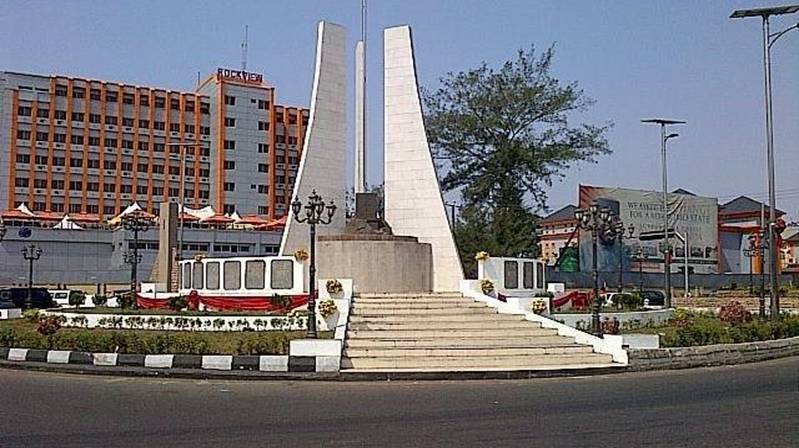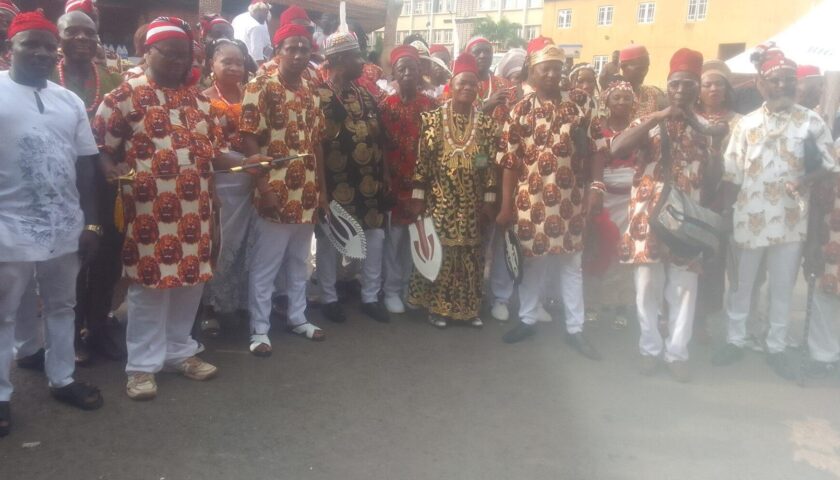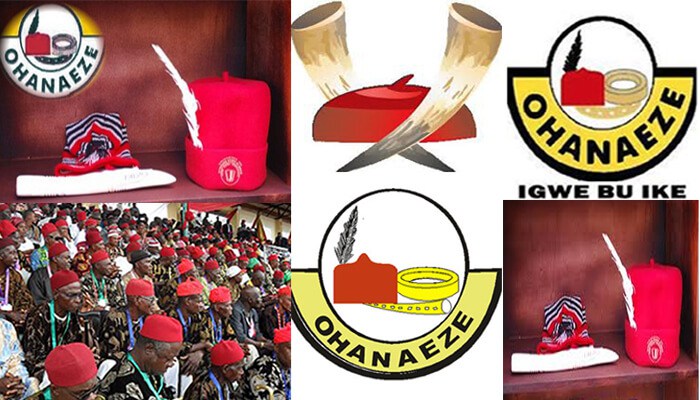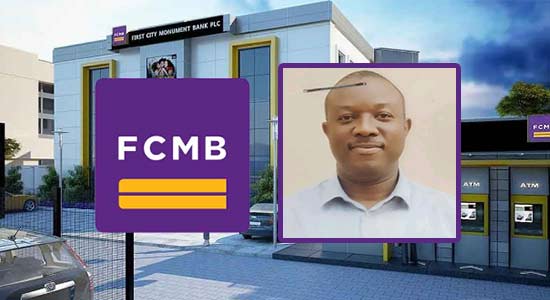By Ikem Okuhu
For many Nigerians that have mostly encountered the world through the mirrors of literature and the picturesque narrations of those that have trotted the globe, Dubai might as well be a country in the Middle East created by God with streets and skylines pouring forth the Biblical milk and honey. If you tell many of these people that Dubai, unarguably the most discussed city in the world today, is just one city in a country called the United Arab Emirates, a lot would doubt you until you go through the argumentative difficulty of proving otherwise.
Within the vast context of nation marketing, Dubai has scored unequalled success in city branding and appeared to have hewn its own destiny separate from the stone tablets of the other six emirates that constitute the United Arab Emirates. For a city that is less than 40 years in its modern development, Dubai has drawn the world’s attention.
A study by Mastercard ranked this city as the fourth most visited destination in the world, with more than 17 million international overnight visitors in 2019 alone. With beautiful historically remarkable buildings sprouting luxuriantly from the desert-city, Dubai has become the favourable tourism, shopping, and events destination in the world, quietly taking from the West epochal events like Air Shows, Car Racing, Golf, and such A-list events.
In a sentence, Dubai built a haven for the world and through it, a new economy for itself and its people. In 2017 alone, tourism contributed a whopping N23 trillion ($41 billion). It is difficult to push for a replication of Dubai in other places, as every brand has its own distinctive DNA but a state like Imo State, rich as it is in culture, resources (human and natural), and history can carve a space for herself and record impressive upticks in economic development through intentional destination marketing.
However, the operative word here is “intentional” and that presupposes a deliberate long-term planning, institutional development, creation of unique believable propositions, and implementing well-targeted marketing programmes that will lure the world outside. It is instructive to note that Imo State is about 6million people. Some countries and nations about the same population are Scotland, Singapore, Hong Kong, Oman, and Qatar. The population of Imo State is about 10 times the populations of Luxembourg and Malta, respectively.
Unlike many states in Nigeria with natural heritage sites as their major tourism bait, Imo State has the advantages of a set of cultures and intangible features that can be deliberately harnessed to create propositions that will resonate with people from other places. I will focus on the low hanging fruits everyone seems to be walking past as evidence:
1. Hospitality
2. Education, human resources, and labour availability
3. Quasi political homogeneity
4. Heritage of economic assets
Hospitality
This is a major economic asset that has not been adequately harnessed. The implication of not transforming the hospitable nature of the people and the environment into a managed economic resource is that all possible storytelling opportunities are lost to loose narratives from the “streets.” Long before security and Unknown Gunmen became threats to life and property almost everywhere in Nigeria, Imo State, as evidenced by flight frequencies, was one of the most visited cities outside Lagos, Port Harcourt and Abuja. This was because people felt there was fun and leisure. With hotels almost everywhere in the state capital, Imo was attractive and safe for visitors.
This has to be leveraged to lift the state to one of the most favoured events destinations for those who want a break from the hustle and bustle of Lagos, for instance. With partnerships, major events centres can be created with capacity to host grander events than just weddings and naming ceremonies. The famous Imo Concorde Hotel can be remodeled against the mini Dubai World Trade Centre, which records an estimated annual revenue of $158 million.
Education, human resources, and labour availability
Owerri, as a town, is host to many tertiary institutions. At the last count, there are more than five universities, polytechnics, and colleges of education in this city alone. The student population is over 150,000. But what has happened is that the story of this obvious resource advantage has been left to thrive in the negative slurs of stand-up comedians.
But if government takes ownership of the rhetoric and facilitates the revamping of the schools, it will strengthen stories of availability of competent labour and opportunities for modern student hostels and setting up of manufacturing companies to cater to the needs of an overarching youth population, who themselves are ready human capital for any industry.
Quasi-political homogeneity
Imo State and Anambra State appear to have a major advantage not found in the three other states in the South East. The centrifugal political divides splintering the other states appear to be only faintly highlighted in Imo State. As a matter of fact, if you meet the average Imo State indigene outside the state, chances are the person will first of all identify himself as an Owerri person and will leave it there except you probe further. Divisive personalities might explain this along the lines of group dominance, but true historians may trace it to Owerri as a strong brand and melting pot of identities. An internal branding around a “One Imo” proposition will go a long way to bind the people and unite them in volunteer ownership of the state, a factor that eases the task of state managers and hired marketing people.
Heritage of economic assets
Imo State is an oil-bearing state, and although it is increasingly being told that the end of the oil era is near, a lot can still be done with the petro-dollar to set the state on the path of sustainable economic growth. In other words, the oil revenue can be strategically repurposed as the likes of Dubai and Oslo have done. Besides oil, there are other agricultural assets. The palm oil that was the mainstay of Eastern Nigeria economy until the discovery of oil in 1953, still presents great opportunities.
There are endless streams of other economic assets, which can be plugged in to form the economic bases for State Branding. If Nigeria continues to lag, a state like Imo can be the example of how not to wait for the centre. Templates on city/state branding are available but it is important for the curators of the Imo brand to align with the 12 Pillars of Competitiveness, outlined by the World Economic Forum, which include: building strong and enduring institutions; massive, purposive and non-discriminatory infrastructure rollout; stable macroeconomic environment; affordable healthcare and qualitative primary education; higher education and exposure to training and capacity development; goods market efficiency; labour market efficiency; financial market development (an efficient local credit system); access to technology; sophisticated market size; sophistication of the business environment and ease of business, and the acculturation of innovation in the people.
While all the pillars are, by the nature of the Nigerian federalism, not under the control of state governments, key factors such as infrastructure, cleaner cities, technology, education and quality manpower, and ease of business, among others are possible outcomes from efficient management of state resources.
Although it may seem unrealistic to expect a replication of Dubai in Imo, given the differences in systems, culture and resources, it is very possible to effect a significant uptick in destination profile with emphasis on the delivery of the requisite infrastructure relevant to the predetermined ends. The route is in delivering the values that will make the people take ownership of the brand and then coordinate the institutions of government to be in charge of the storytelling.
With foresight, dedication, discipline, and an unmatched political will, Imo State can share a lot in common with Dubai. This is a huge opportunity that should not be missed. The time is right! The time is now!!
…Okuhu, a Marketing Communications practitioner, is the author of bestselling book, PITCH: Debunking Marketing’s Strongest Myths.





